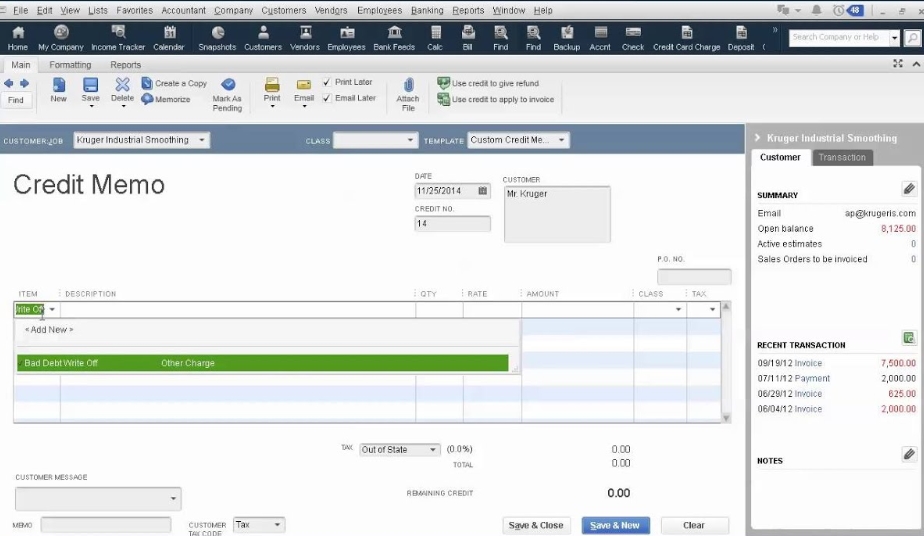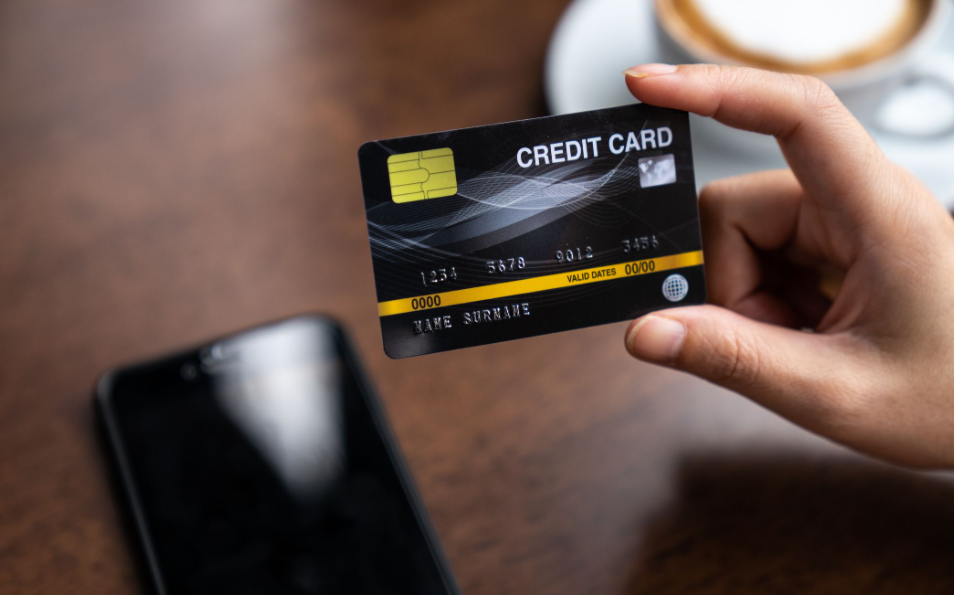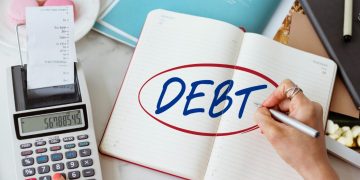Credit Card Charge-Off: What It Means and How to Overcome It

Anúncios
Falling behind on credit card payments can lead to a financial event many borrowers dread—a credit card charge-off.
This designation by lenders can significantly harm your credit score, create additional stress, and hinder future borrowing opportunities.
Anúncios
However, with the right knowledge and strategies, you can effectively handle a charge-off and begin to rebuild your financial health.
This guide explains the meaning of a credit card charge-off, its implications, and actionable steps to recover. Keep reading!
Anúncios
What is a Credit Card Charge-Off?
A credit card charge-off occurs when a lender classifies an unpaid debt as a loss, typically after 180 days of missed payments.
While this action allows creditors to adjust their accounting, it does not eliminate your obligation to pay the debt.
Thus, a charge-off is a financial designation indicating that the creditor considers it unlikely the debt will be collected.
It’s primarily an accounting action, but the repayment obligation remains.
After marking the account as charged-off, creditors may continue their collection efforts or sell the debt to third-party collection agencies, which then take on the responsibility of collecting the balance.
The charge-off appears on your credit report and serves as a red flag to other creditors, signaling a history of missed payments and financial instability.
Why Do Credit Card Charge-Offs Happen?
Charge-offs typically result from extended non-payment.
Financial hardships, such as job loss, medical emergencies, or overwhelming debts, are common reasons why borrowers fall behind.
For creditors, charging off an account is a last resort when they deem the debt unlikely to be recovered through normal repayment.
How Does a Charge-Off Affect Your Credit?
A credit card charge-off is one of the most damaging entries that can appear on your credit report, leading to a range of financial challenges.
Impact on Credit Score
When a charge-off is reported to credit bureaus, it can cause your credit score to drop significantly—sometimes by up to 150 points.
The charge-off remains on your credit report for seven years from the date of the first missed payment.
While the status may eventually be updated to “paid” if the debt is resolved, the initial negative impact persists.
As such, it complicates obtaining new credit or securing favorable loan terms.
Financial Consequences Beyond Your Credit
The effects of a charge-off extend beyond your credit score.
It can impair your ability to rent an apartment, secure employment (if your credit report is reviewed), or obtain insurance at competitive rates.
Additionally, if the debt is sold to a collection agency, you may face persistent collection efforts, including the possibility of legal action or wage garnishment.
Steps to Handle a Credit Card Charge-Off
If you are dealing with a credit card charge-off, taking proactive steps can help you manage the debt and limit its long-term impact.
Verify the Charge-Off
Start by obtaining your credit report from all three major credit bureaus (Equifax, Experian, and TransUnion).
Review the details of the charge-off, including the account balance, creditor’s name, and the date of the first missed payment.
If you identify any inaccuracies, dispute them with the credit bureaus so that errors can be corrected or removed.
Negotiate with Creditors
Contact your creditor directly to discuss repayment options. Many creditors are willing to negotiate, especially if it means recovering part of the debt.
Common options include:
- Settlement for a lesser amount: Paying a reduced amount to settle the debt.
- Payment Plan: Agreeing to a series of smaller payments over time.
- Pay-for-Delete Agreement: Requesting the creditor to remove the charge-off from your credit report in exchange for full payment (note that not all creditors agree to this).
Always obtain any agreement in writing before making payments to ensure clarity and accountability.
Work with Debt Collectors
If the debt has been sold to a collection agency, you will need to negotiate with them.
Understand your rights under the Fair Debt Collection Practices Act (FDCPA), which protects you from abusive collection practices.
Consider offering a lump sum settlement or requesting a payment plan that aligns with your budget.
Maintain clear communication and ensure all agreements are documented in writing.
Consider Credit Counseling or Debt Settlement
If managing the charge-off feels overwhelming, consider seeking help from a certified credit counseling agency.
They can assist you in creating a debt management plan, negotiating with creditors on your behalf, and providing financial education.
Alternatively, debt settlement companies negotiate to reduce the total amount owed, though this can temporarily lower your credit score.
How to Recover from a Credit Card Charge-Off
While a charge-off is a serious financial event, it is not the end of your credit journey. With consistent effort and time, you can rebuild your credit and regain financial stability.
Rebuilding Your Credit Score
- On-time Payments: Consistently pay all bills on time, as payment history accounts for 35% of your credit score.
- Credit Utilization: Keep your credit card balances low—preferably below 30% of your credit limits.
- Monitor Your Credit: Regularly review your credit reports to ensure accuracy and track your progress. Dispute any errors to maintain an accurate credit profile.
Avoiding Future Charge-Offs
- Create a Budget: Develop a realistic budget that accounts for all your expenses, savings, and debt payments.
- Establish an Emergency Fund: Set aside three to six months of expenses to cover unexpected events, such as medical bills or job loss.
- Communicate with Creditors: If you anticipate difficulty making payments, contact your creditors to discuss hardship options or adjusted repayment plans.
Frequently Asked Questions About Credit Card Charge-Offs
Understanding what a credit card charge-off is and how to handle it can be confusing.
In this section, we answer the most common questions to help you navigate this situation with more confidence.
Can I remove a charge-off from my credit report?
If the charge-off is accurate, it remains on your credit report for seven years from the date of the first missed payment.
However, inaccuracies can be disputed, and successful negotiations with creditors may result in removal in some cases.
Is it worth paying off a charge-off?
Yes, paying off a charge-off is beneficial. While it does not remove the charge-off from your credit report, it updates the status to “paid,” which is viewed more favorably by lenders.
Additionally, paying the debt prevents further collection efforts or legal actions.
How long does a charge-off stay on my credit report?
As mentioned, a charge-off remains on your credit report for seven years from the date of the first default.
After this period, it is automatically removed.
What happens if I ignore a charge-off?
Ignoring a charge-off can lead to increased fees, persistent collection efforts, legal actions, or even wage garnishment.
Moreover, the negative impact on your credit report continues throughout the seven-year period.
Dealing with a credit card charge-off may seem overwhelming, but it’s a challenge you can overcome with the right steps.
By verifying the charge-off, negotiating with creditors, and committing to rebuilding your credit, you can regain control of your financial future.
Remember, financial recovery is a journey that requires persistence and informed decisions.
Start today and take the first step toward a healthier financial future. Want a suggestion? Also, read our content explaining how to choose a cashback credit card!





